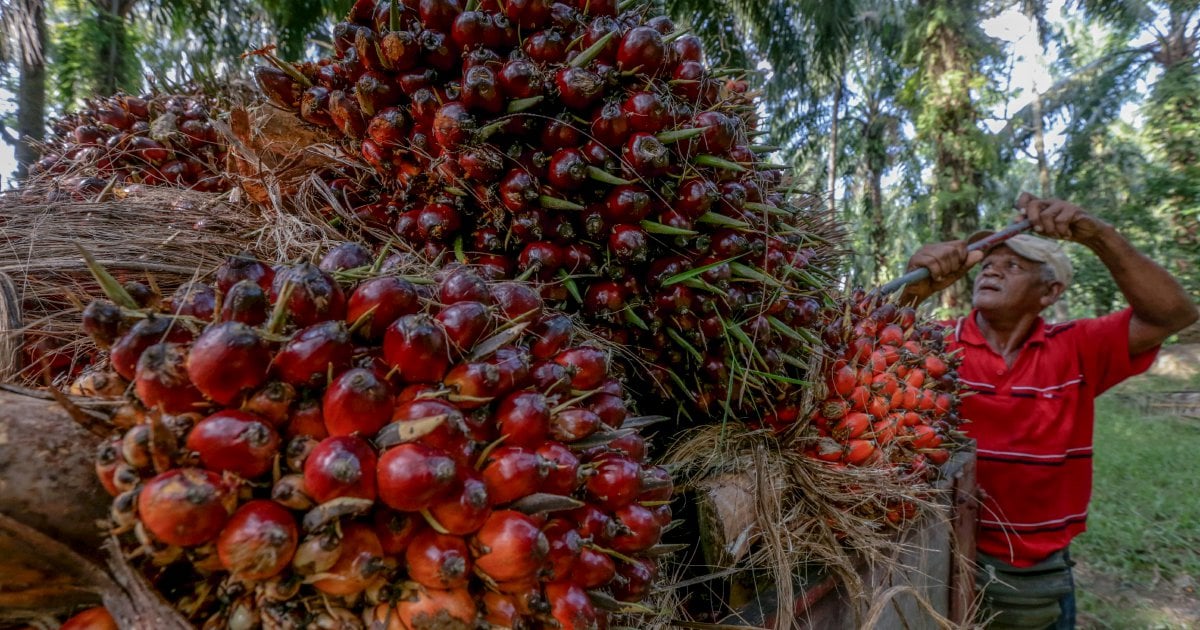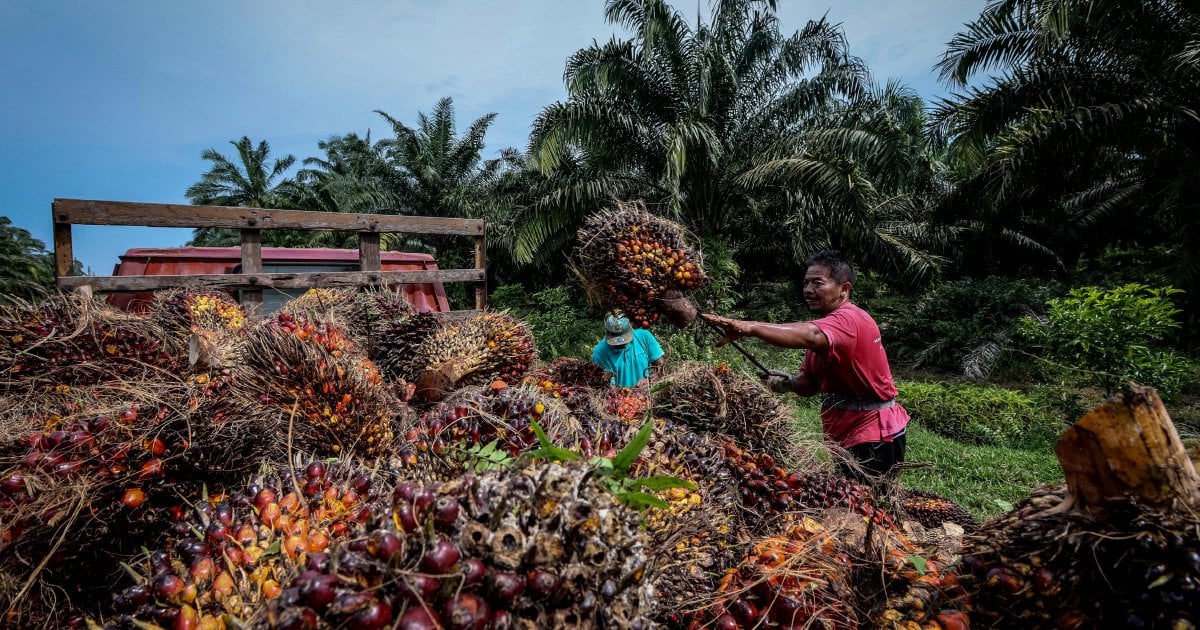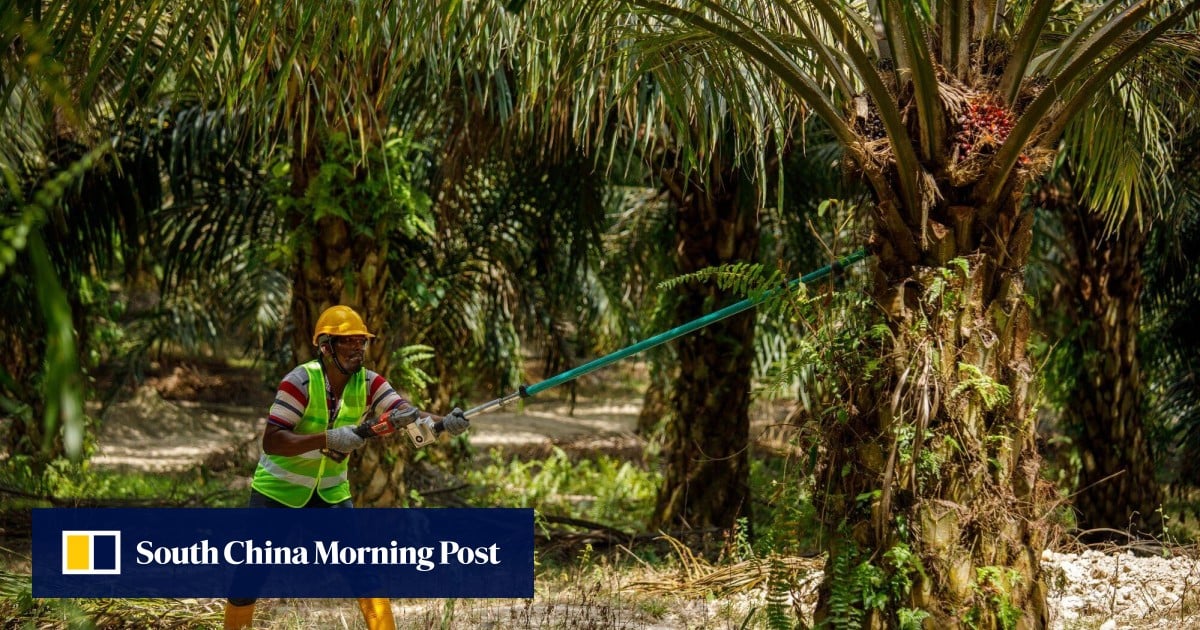



Malaysian palm oil futures have shown resilience, settling higher on January 31, 2025, at 4,290 ringgit (US$964.04) per metric ton, marking a 1.76% gain for the week following a 0.62% rise the previous week. This increase comes amidst market uncertainty regarding a potential 9-10% reduction in Indonesian crude palm oil export levies and US President Donald Trump's tariff threats on Canada and Mexico [8fe7ad06].
Despite these challenges, the Malaysian palm oil market is navigating through complex dynamics. The Indian government has waived import duties on all vegetable oils, including refined vegetable oils, to alleviate consumer burden amid rising prices. This decision is expected to positively impact the Indian economy and provide relief to consumers [c1bc2dd6].
However, the Malaysian palm oil industry is still grappling with significant challenges, particularly with Indonesia reducing its crude palm oil (CPO) duty from US$90 to US$63 per tonne, which adds further price pressures on Malaysian producers. In response, India has imposed a 20% tax on imported vegetable oils to support its farmers, complicating the market dynamics for Malaysian palm oil [d9f195b8].
Fitch Ratings has recently raised its price forecast for Malaysian crude palm oil to US$800 (RM3,578) per tonne for 2025, and US$700 per tonne thereafter. This revision reflects slower yield recovery in Indonesia and rising biodiesel consumption, despite expectations that prices will weaken from 2024 due to improved palm oil supply and competition with soybean oil [d9e687ea].
Additionally, the exports of Malaysian palm oil products for January are estimated to have fallen between 12.3% and 20.1% from the previous month, indicating a potential decline in demand. The Malaysian ringgit weakened by 1.41% against the dollar, making palm oil cheaper for foreign buyers, which could help offset some of the export declines [8fe7ad06].
Moreover, Indonesia's biodiesel mandate is set to increase palm oil usage to 40% starting January 2025, which could boost global consumption by 1-2%. La Nina conditions are also expected to improve CPO output in 2025, providing a potential upside for Malaysian producers [d9e687ea].
Finally, Malaysia has called for exemptions for smallholders under the EU Deforestation Regulation, following the World Trade Organization's rejection of its complaint against the EU in March 2024. These developments underscore the interconnectedness of global agricultural markets and the challenges faced by producers in navigating new tax measures and international regulations [d9f195b8].